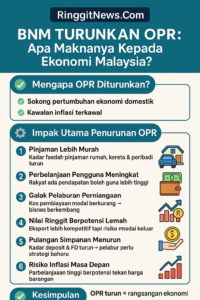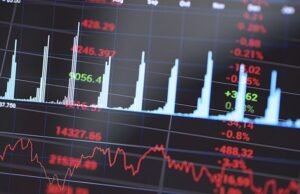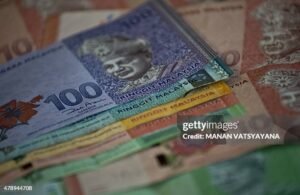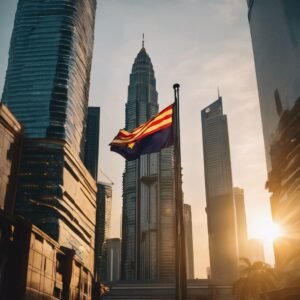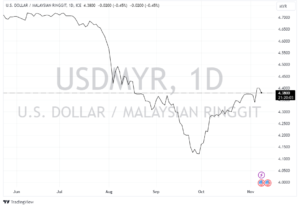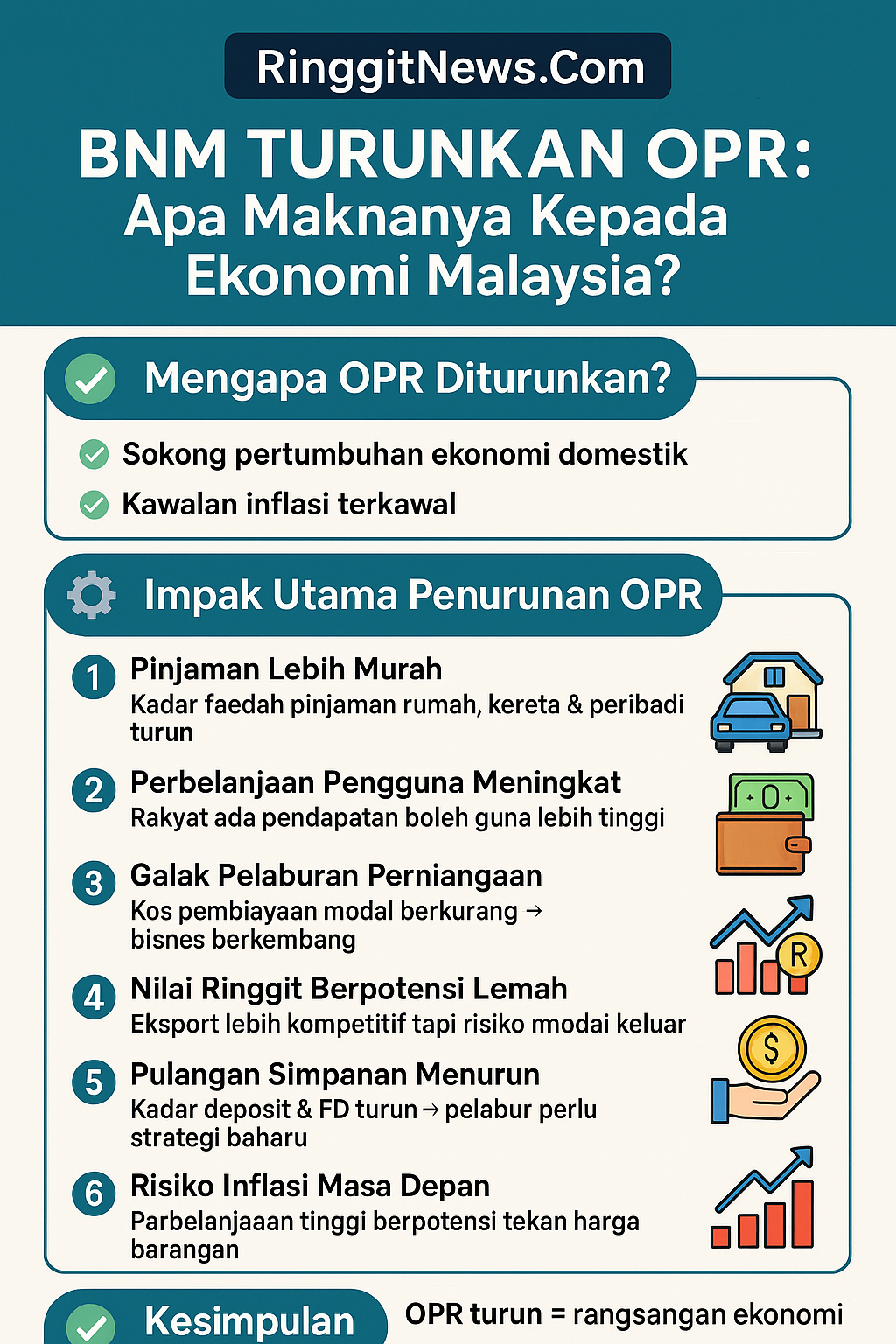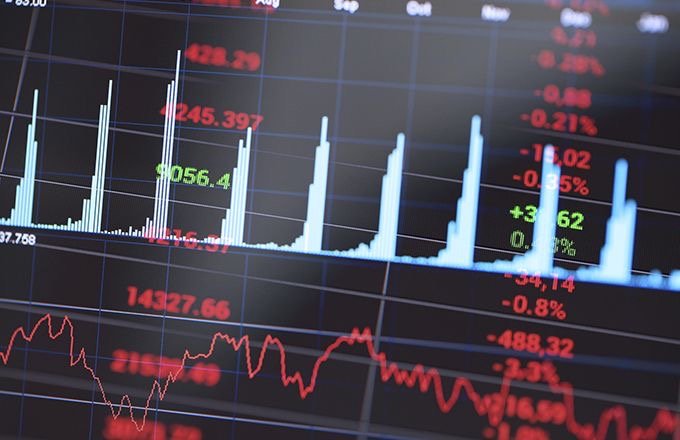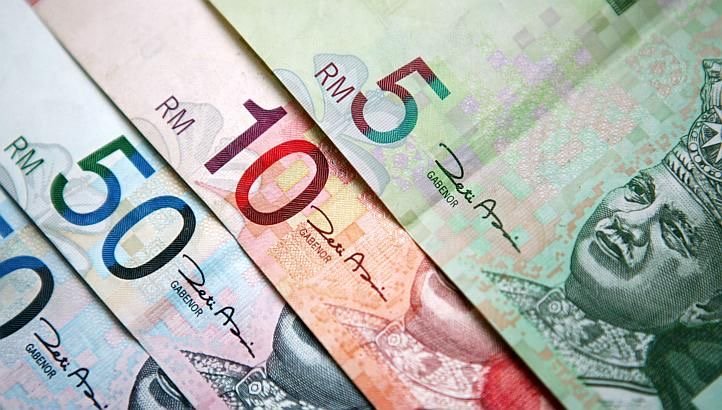More than 1,000 containers with tonnes of e-waste are illegally imported monthly and processed in Malaysia, leaving the country with a vast amount of pollution in its land, air and water.
Industry players say there are at least 200 plants, large and small, that are recycling e-waste illegally in the country, right under the noses of the authorities.
Sourced from countries such as the United States, precious metals including gold, copper, and aluminium are extracted from the e-waste, and are shipped to China, where industry sources say all financial transitions are done.
Despite being a lynchpin in this billion-dollar business, Malaysia gets nothing from the transactions but is left with refuse material containing harmful chemicals.
“In no way does it benefit the Malaysian economy in tax returns, including employment opportunities,” a veteran of the recycling industry told Malaysiakini on condition of anonymity.
He estimated that the country easily loses more than RM10 billion in tax revenue annually, not accounting for the costs to the environment, the health of the citizens, and any clean-up efforts.
Malaysia has become a dumping site for the developed world when China closed its doors to the recycling industry in 2018 to safeguard its land from the by-products of recycling.
Most of the waste originates from the United States, Japan, Germany and the United Kingdom.
ADS
Sneaked in under Customs’ noses
When China started saying no in 2018, the waste was rerouted indiscriminately to other countries, including Malaysia.
However, today, only low-value waste is sorted for processing in Malaysia, while higher-value waste is sent back to China, where it is accepted because it is less harmful to process, sources say.
The shipments come through the East Port and West Port of Klang in Selangor but are also brought in through the ports of Tanjung Pelepas and Pasir Gudang in Johor, Kuantan in Pahang, and the North Butterworth Container Terminal (NBCT) in Penang.
Sources within the Royal Malaysian Customs Department confirmed that many of these waste shipments slip under the radar as most are declared simply as scraps or other permissible goods.
The movement of such goods breaches various international laws, including the Basel Convention on the Control of Transboundary Movements of Hazardous Wastes and Their Disposal, which was adopted in 1989 and came into force in

